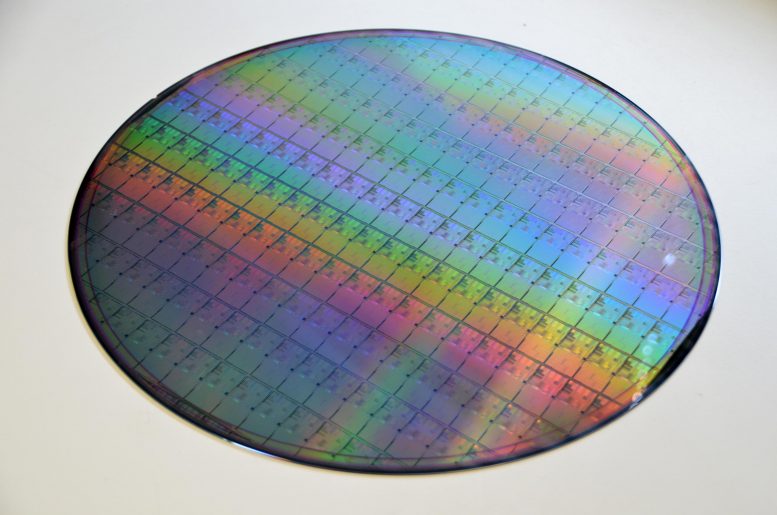Table of Contents

One of Artificial Intelligence’s biggest hurdles is that it uses a lot of power. Sure, IBMs ‘Watson’ AI-driven supercomputer was able to dominate human players in Jeopardy, but it never would have been able to do so using a human-level 150 Watt power budget. Energy-efficient artificial intelligence, however, is now closer to reality. UCL researchers have found a way to drastically improve the accuracy of AI computing systems.
The system makes use of something called a ‘memristor.’ It uses them to create artificial neural networks that are at least 1,000 times more power-efficient than their transistor-based AI counterparts. The problem with memristor-based systems as that they have been prone to error, but the new paper from UCL changes that.error.
What is a memristor?
A memristor is a resistor with memory. It’s a fundamental electronic device that regulates the flow of electrical current (resistor component) in a circuit and remembers the amount of charge (memory component) that previously flowed through the device. Memristors are non-volatile, so that means they can keep their memory without requiring power.
Current AI implementations are very energy-intensive. For example, training one AI model puts up to 284 tones of carbon dioxide in the atmosphere. This is equal to the lifetime emissions of five average automobiles. Swapping out transistors for memristors have the ability to reduce this figure to a fraction of a single ton of greenhouse gases.
Memristors have the potential to put large amounts of computing power into our hand-held devices because they are so much more energy-efficient.

In the study published in ‘Nature Communications,’ UCL engineers found AI accuracy to be greatly improved when using memristors technology to play along with sub-groups of conventional neural networks. The UCL system averages their calculations so that flaws in the conventional networks could be eliminated.
Memristors were considered revolutionary when the devices were first built over 10 years ago. They have been widely considered a ‘missing link’ in the electronics industry. Since their introduction, they have been manufactured commercially in storage devices, but now the research team has been able to convince the memristors to do some computing.
Memristors achieve their vastly improved efficiency characteristics thru not only operating on binary code but also at multiple levels between a 0 and 1, meaning more than 1 bit of information can be stored in each memristor.
Dr. Adnan Mehonic and PhD student Dovydas Joksas, along with colleagues from the US and UK tested their new approach using many different types of memristors. The team found in their study that all types of memristors improved the accuracy of all their AI models, no matter what material or type of memristor technology they used.
Researchers were able to use the new approach to increase the accuracy of memristor-based neural networks for general AI tasks to about the level that software tools run on conventional digital hardware achieve.
We hoped that there might be more generic approaches that improve not the device-level, but the system-level behavior, and we believe we found one. Our approach shows that, when it comes to memristors, several heads are better than one. Arranging the neural network into several smaller networks rather than one big network led to greater accuracy overall.
We hoped that there might be more generic approaches that improve not the device-level, but the system-level behavior, and we believe we found one. Our approach shows that, when it comes to memristors, several heads are better than one. Arranging the neural network into several smaller networks rather than one big network led to greater accuracy overall.
Director of the study – Dr. Mehonic
We borrowed a popular technique from computer science and applied it in the context of memristors. And it worked! Using preliminary simulations, we found that even simple averaging could significantly increase the accuracy of memristive neural networks.
Dovydas Joksas
We believe now is the time for memristors, on which we have been working for several years, to take a leading role in a more energy-sustainable era of IoT devices and edge computing.
Tony Kenyon – UCL Electronic Professor, co-author of the study

